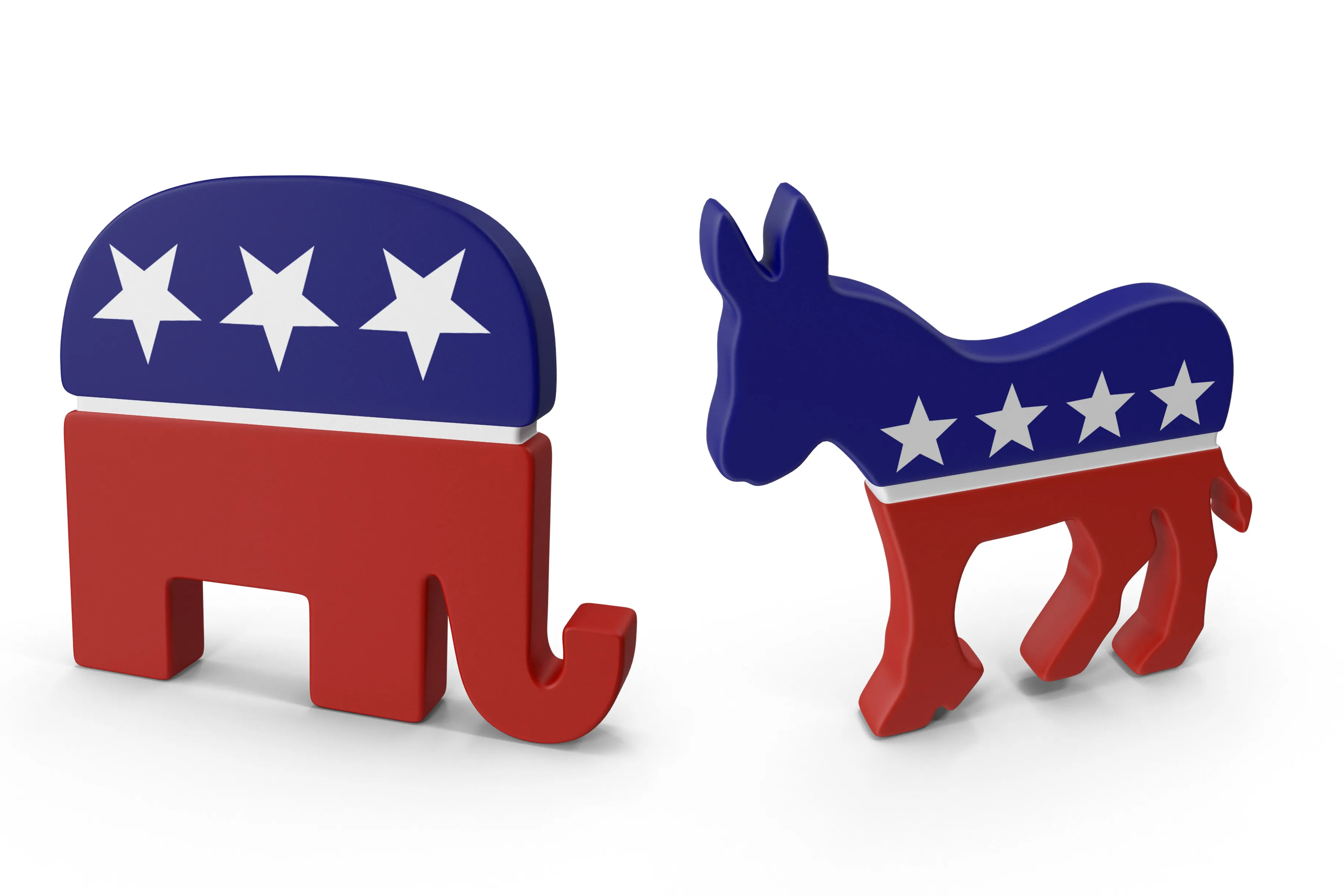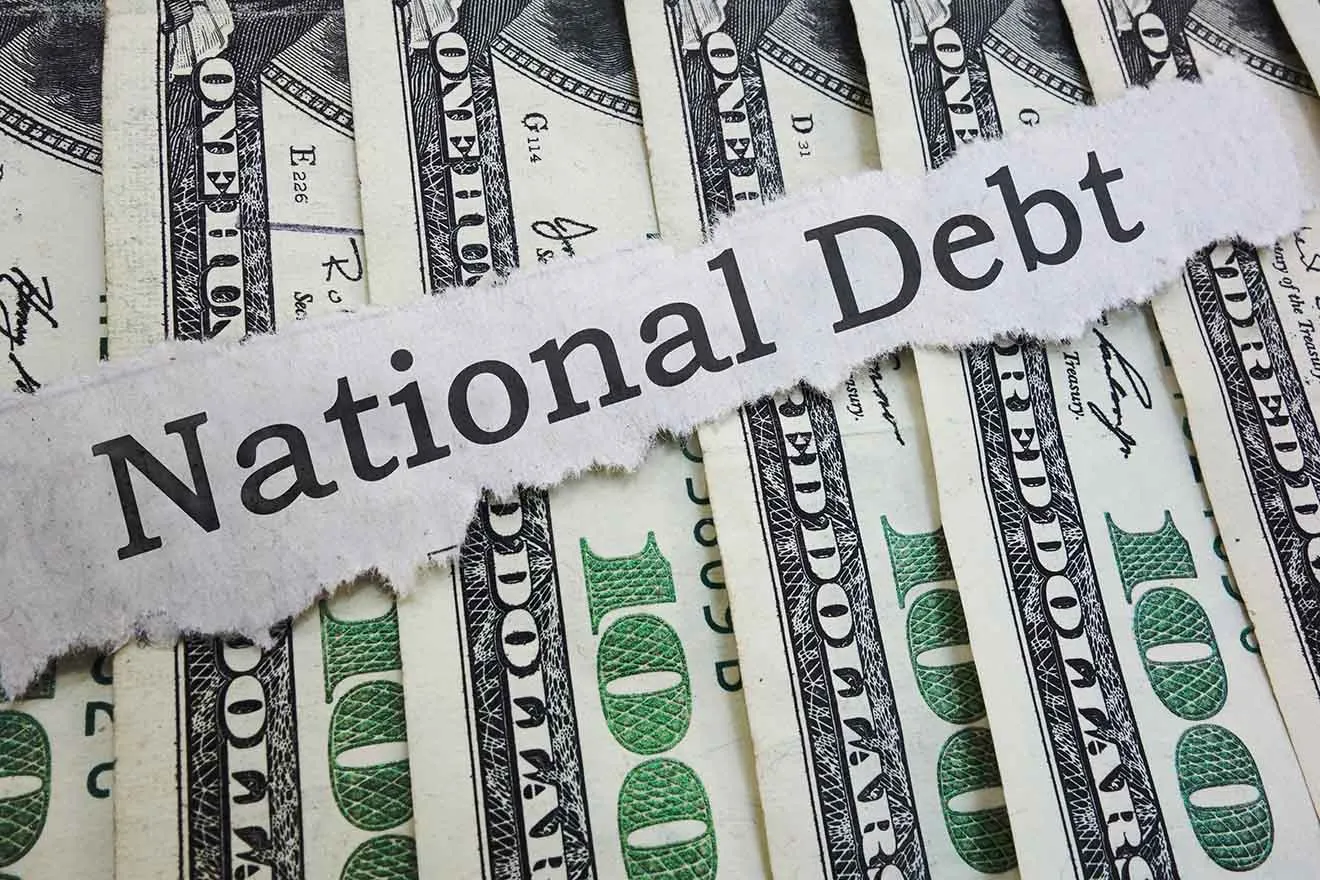
Colorado Supreme Court takes case on constitutionality of property tax measure
(The Center Square) – The Colorado Supreme Court will rule on the constitutionality of a November ballot initiative to reduce property taxes and use state tax refunds to pay for lost revenue.
The state’s highest court agreed to review a petition filed by Colorado residents, voters, elected officials, a dozen counties and Advance Colorado, a conservative advocacy organization. While the court denied a request to hear oral arguments, it directed all parties to electronically file opening briefs of 9,500 words or less by June 30. Documents answering the other party’s brief will be due by July 12.
“They normally take up ballot measures, but this is a little abnormal because it’s a referred measure,” Advance Colorado President Michael Fields said Wednesday. “I don’t think it was a surprise that they’re at least going to take a look at it.”
Fields expects the Supreme Court to rule on the matter by late July.
In late May, Colorado Governor Jared Polis signed Senate Bill 23-303 into law. It places Proposition HH on the November ballot and asks voters whether to reduce property taxes and replace the lost revenue with funds from Taxpayer’s Bill of Rights refunds. Republicans walked out of the Colorado House of Representatives on the last day of the legislative session in protest after debate was ended on the bill.
Advance Colorado filed a lawsuit objecting to the ballot initiative before it was signed into law. The lawsuit alleges the ballot measure violates the single-subject requirement in the Colorado Constitution along with requiring a clear title.
Fields said the court will do one of three things: rule the measure isn’t constitutionally valid and take it off the ballot, change some of the language, or do nothing. He also said more people and organizations are supporting his group’s legal action.
“Every day we get people who are more interested in the case and getting the word out about what this means,” Fields said. “I think one of the keys is it shouldn’t be on the ballot at all, but at least it should be honest. It should allow voters to be informed and vote yes or no based on what’s actually in this. Our ultimate goal is to make this more fair.”
Property taxes attracted attention earlier this spring when nine county assessors projected increases in assessed values of 35 percent to 45 percent in the Denver Metro area.
Last week, Second Judicial Court Judge David Goldberg ruled his court didn’t have any jurisdiction to rule on the case, according to a report from Colorado Public Radio. However, he ruled against the merits of the arguments.
“One could fairly argue that reducing taxes and shoring up the (resulting) financial shortfall are two separate subjects, but the Court does not believe that they are so ‘disconnected and incongruous’ as to be constitutionally impermissible; they are both part of the financial balance attempting to be adjusted by the legislation,” Goldberg wrote.

















